The Peppers' Best Friends: Companion Plants That Will Boost Your Yield
The Peppers' Best Friends: Companion Plants That Will Boost Your Yield
Peppers are a delicious and versatile vegetable that can be enjoyed in many different dishes. But did you know that there are certain companion plants that can help to boost your pepper yield?
Companion planting is a gardening technique that involves planting certain plants together for their beneficial effects on each other. When done correctly, companion planting can help to improve the growth, health, and productivity of your plants.
In the case of peppers, there are a number of companion plants that can help to improve their yield. These plants include:
- Basil: Basil is a classic companion plant for peppers. It helps to repel pests such as aphids, whiteflies, and mosquitoes. Basil also attracts beneficial insects such as ladybugs and hoverflies, which help to control pests.

- Cilantro: Cilantro is another great companion plant for peppers. It helps to attract pollinators such as bees and butterflies, which help to improve fruit set. Cilantro also helps to suppress the growth of weeds.
- Marigolds: Marigolds are a beautiful and beneficial flower that can be planted alongside peppers. They help to repel pests such as nematodes, rootworms, and aphids. Marigolds also help to improve the soil quality, which can benefit peppers.
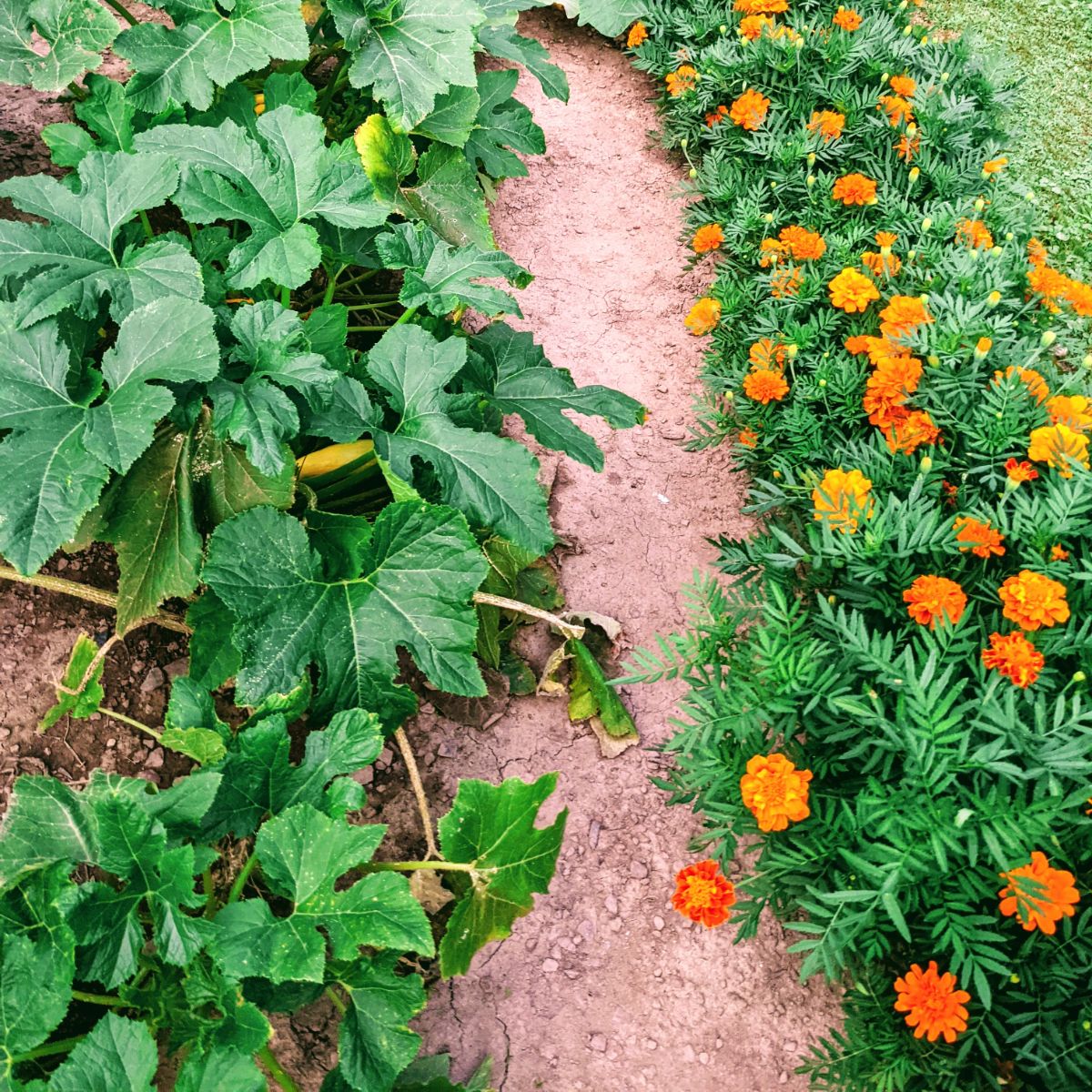
- Onions and garlic: Onions and garlic are strong-scented plants that can help to repel pests such as thrips, spider mites, and cabbage loopers. They also help to improve the flavor of peppers.

- Spinach: Spinach is a leafy green vegetable that can be planted alongside peppers. It helps to suppress the growth of weeds and improves the soil quality. Spinach also helps to attract pollinators, which can benefit peppers.

In addition to these plants, there are a number of other companion plants that can be beneficial for peppers. These include:
- Carrots: Carrots help to improve the flavor of peppers. They also help to suppress the growth of nematodes, which can damage pepper roots.
- Lettuce: Lettuce helps to suppress the growth of weeds and improves the soil quality. It also helps to attract pollinators, which can benefit peppers.
- Radishes: Radishes help to improve the soil drainage, which can benefit peppers. They also help to suppress the growth of pests such as aphids and flea beetles.
- Beans: Beans help to fix nitrogen in the soil, which can benefit peppers. They also help to suppress the growth of weeds.
When choosing companion plants for peppers, it is important to consider the size and growth habit of the plants. For example, you would not want to plant a tall plant such as sunflowers next to a short plant such as peppers, as the sunflowers would shade the peppers.
It is also important to consider the climate in your area. Some companion plants, such as marigolds, are more cold-tolerant than others.
With a little planning, you can choose the right companion plants for your peppers and boost your yield.
Pepper plants are a delicious and versatile addition to any garden. But did you know that there are some plants that can help them grow even better? That's right, companion planting is a great way to promote healthy growth and productivity in your pepper plants.
There are a few different plants that are considered to be good companions for peppers. Some of the most popular include:
- Marigolds: Marigolds help to repel pests, such as aphids, spider mites, and nematodes.
- Beans: Beans fix nitrogen in the soil, which can help to improve the health of your pepper plants.
- Cucumbers: Cucumbers help to attract pollinators, which can help to increase the fruit production of your pepper plants.
- Lettuce: Lettuce helps to suppress weeds, which can help to keep your pepper plants healthy and productive.
If you're looking for more information about companion planting with peppers, I suggest you visit Gardenia Inspiration. This website has a wealth of information on the topic, including a list of plants that are good companions for peppers, as well as tips on how to plant and care for them.
FAQ of companion to peppers
Q: What are some good companion plants for peppers?
A: Some good companion plants for peppers include:
- Dill: Dill attracts pollinators, which can help to improve the pollination of your pepper plants. It also helps to repel pests, such as aphids and spider mites.
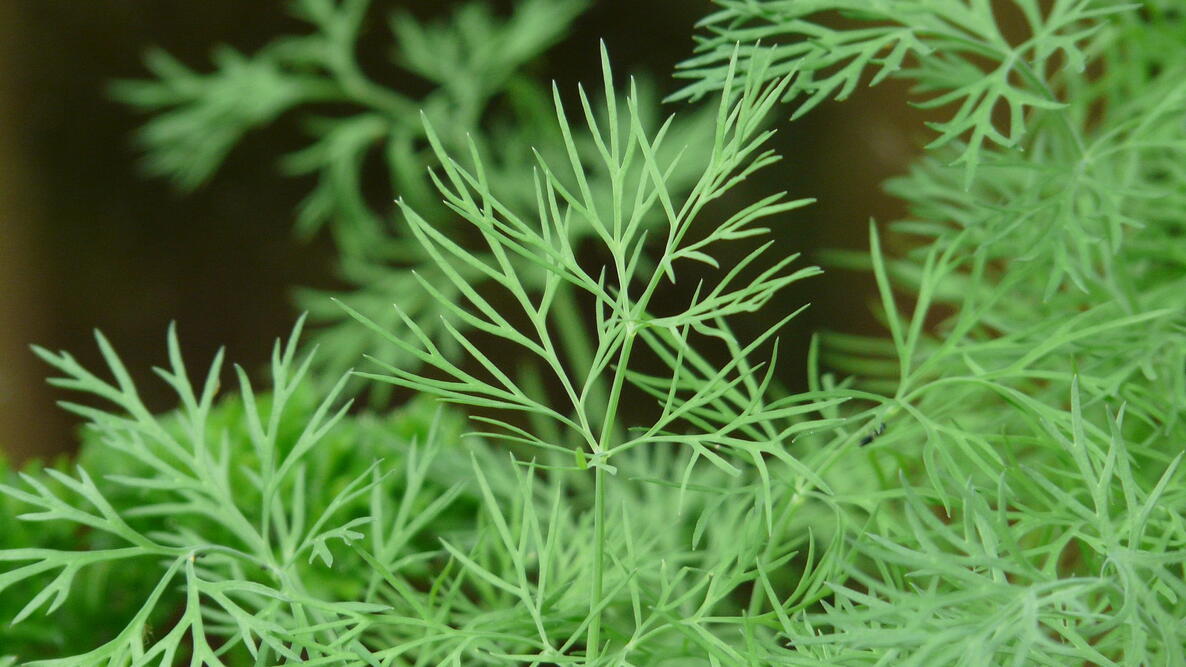
- Fennel: Fennel is another good companion plant for peppers, as it also attracts pollinators and helps to repel pests. It also helps to improve the flavor of the peppers.
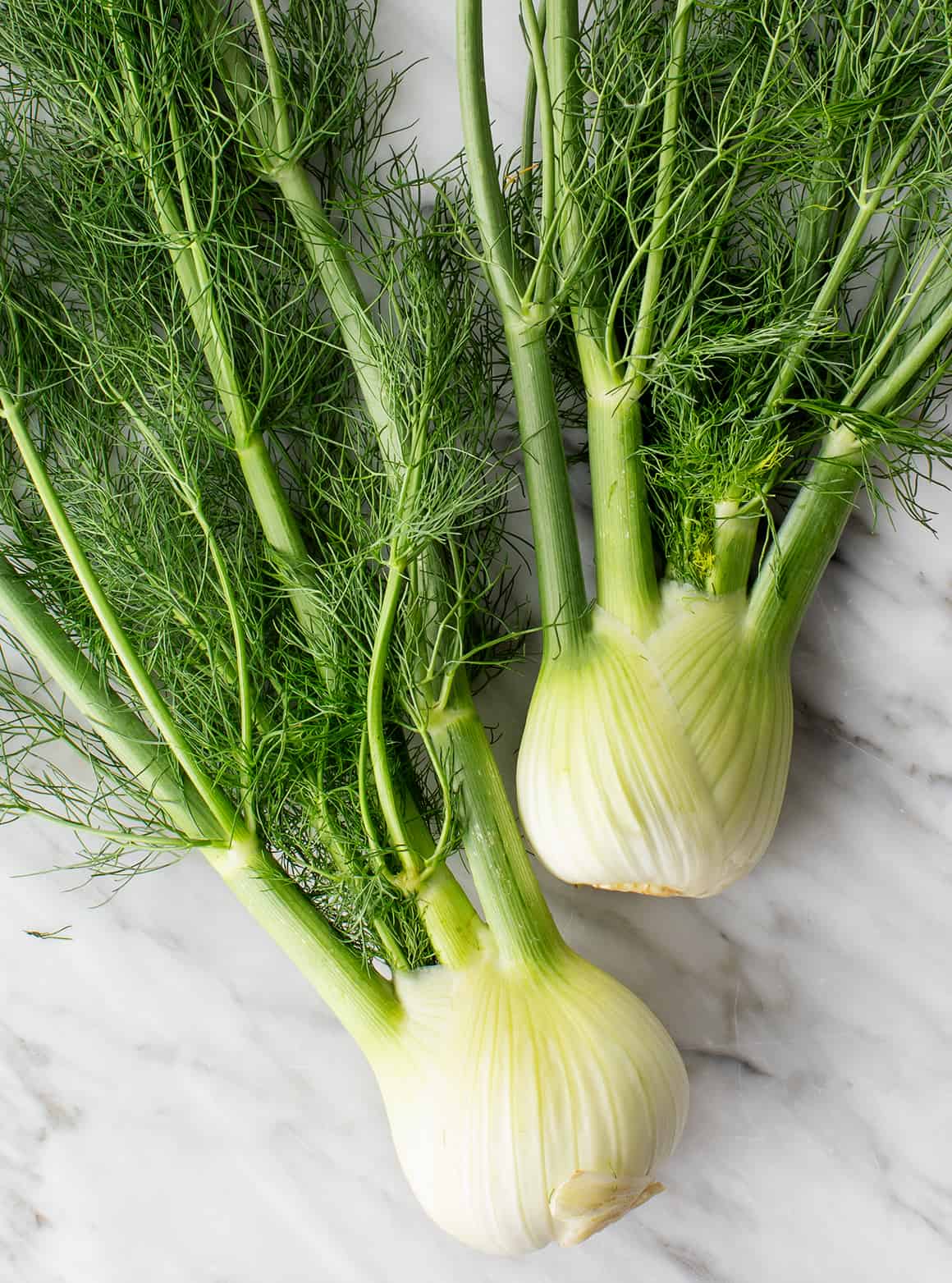
- Cilantro: Cilantro is a member of the carrot family, which is beneficial to peppers. It helps to deter pests, such as aphids and whiteflies. It also helps to improve the flavor of the peppers.
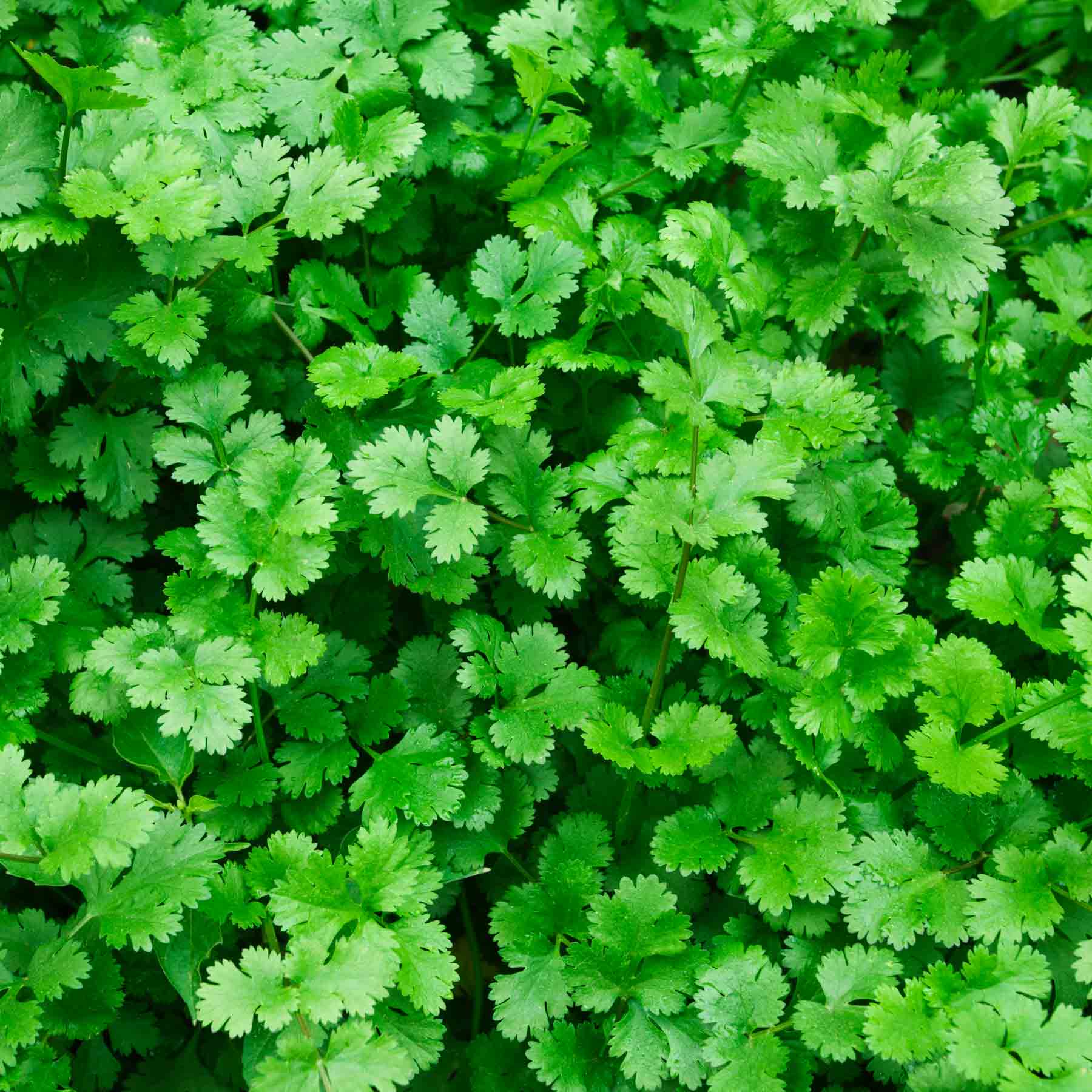
- Marigolds: Marigolds are known for their insect-repelling properties, and they can help to keep pests away from your pepper plants. They also help to improve the soil quality.

- Lettuce: Lettuce is a good companion plant for peppers because it helps to suppress weeds. It also helps to improve the flavor of the peppers.
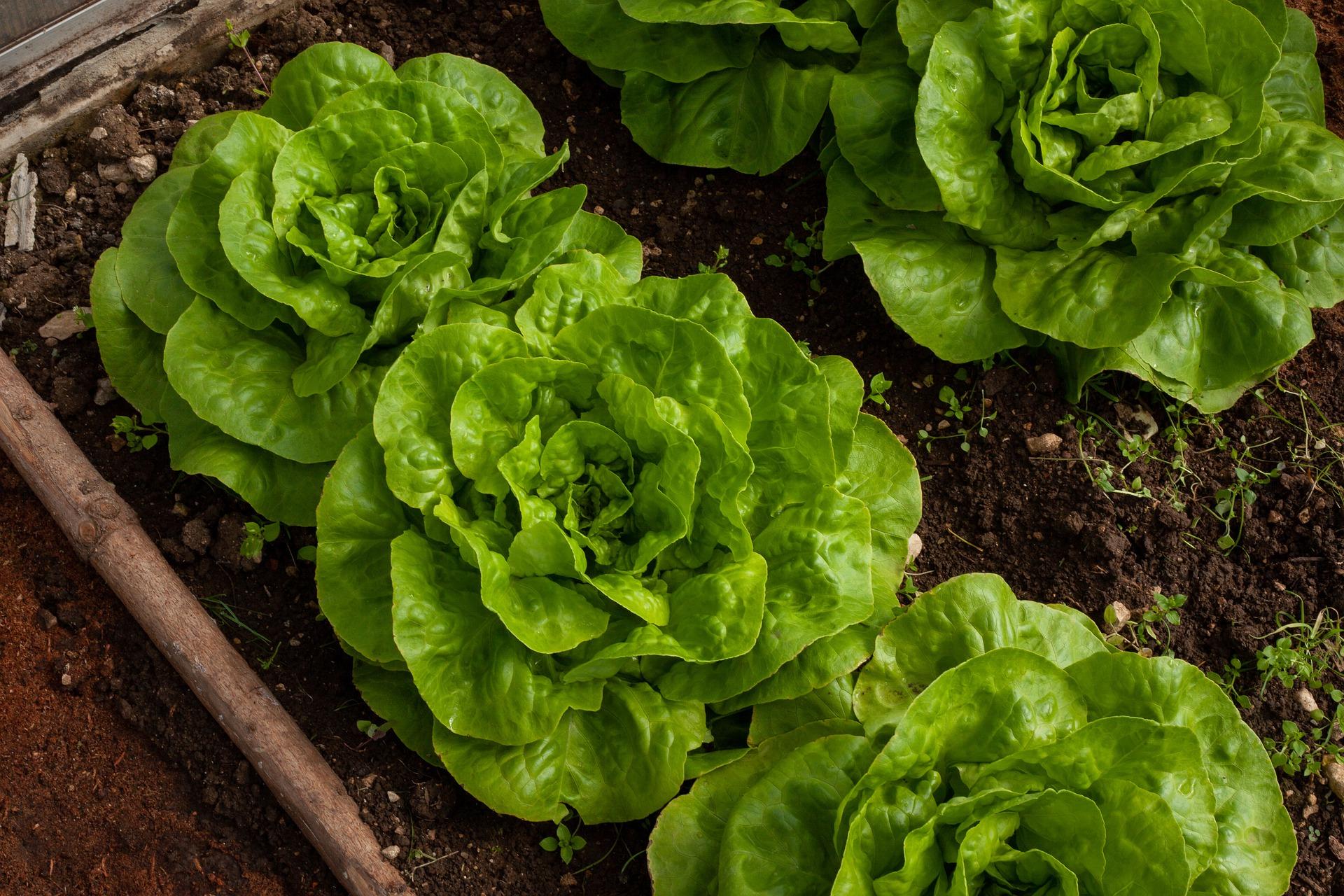
Q: What are some bad companion plants for peppers?
A: Some bad companion plants for peppers include:
- Brassicas: Brassicas, such as broccoli, cabbage, and Brussels sprouts, can compete with peppers for nutrients. They can also attract pests that are harmful to peppers.

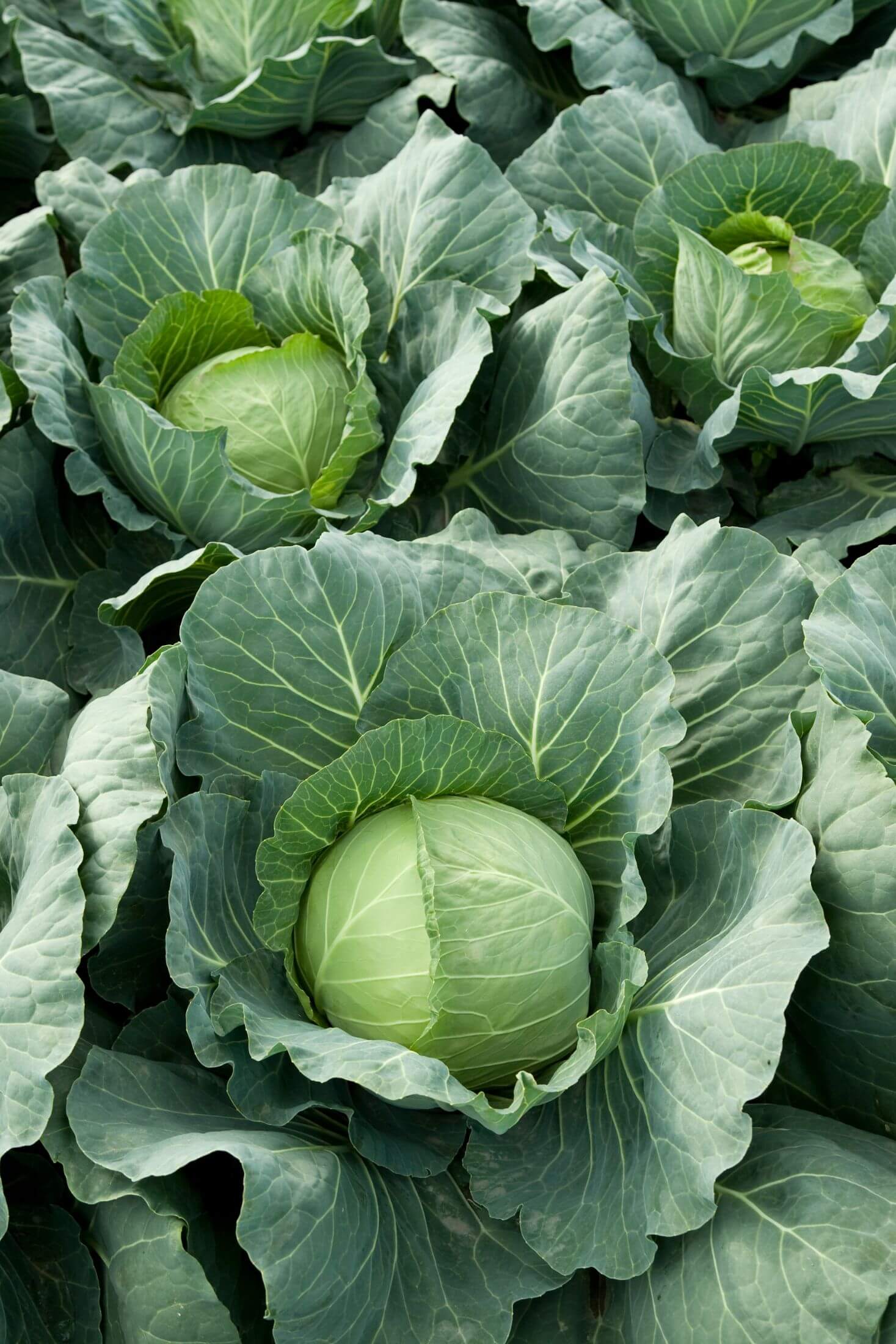

- Potatoes: Potatoes can transmit a disease called verticillium wilt to peppers. This disease can be fatal to pepper plants.

- Tomatoes: Tomatoes and peppers are both susceptible to the same pests and diseases, so it is best to avoid planting them near each other.
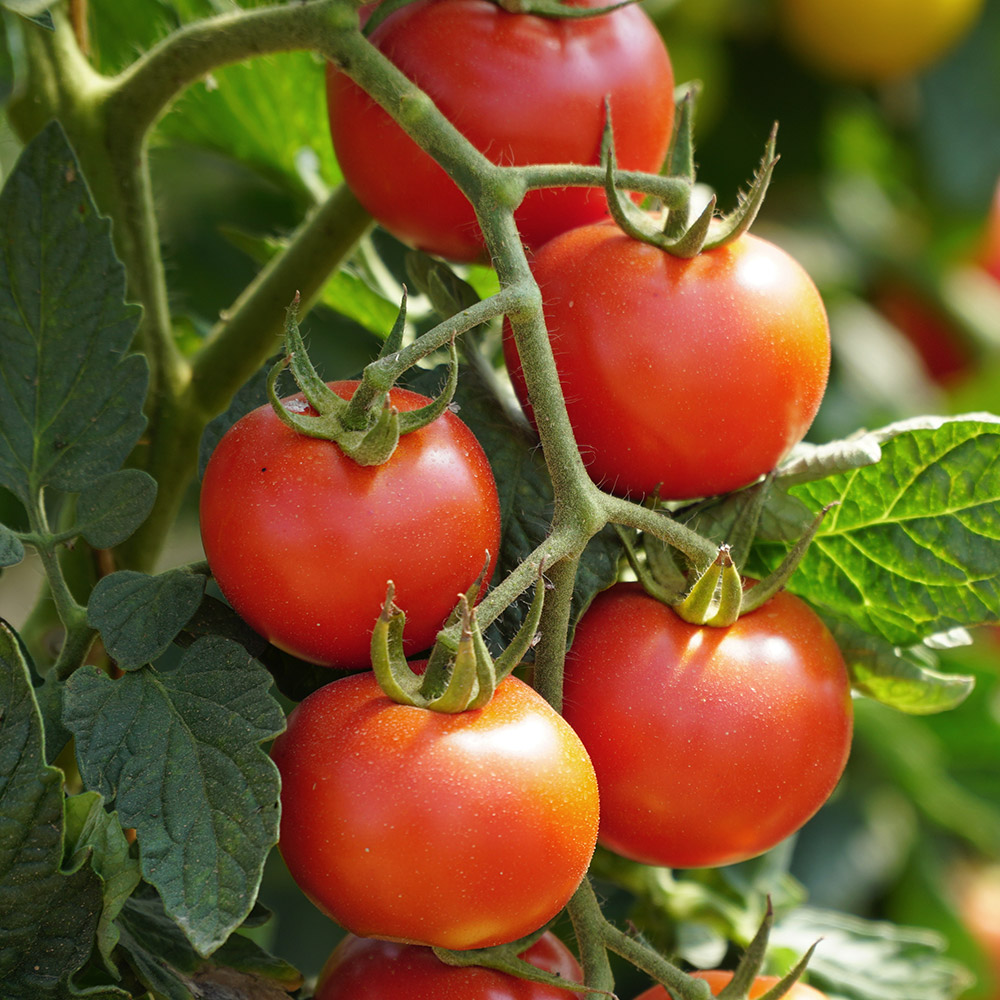
Q: How do companion plants benefit peppers?
A: Companion plants can benefit peppers in a number of ways, including:
- Attracting pollinators: Companion plants that attract pollinators, such as dill and fennel, can help to improve the pollination of pepper plants. This can lead to a higher yield of peppers.
- Repelling pests: Companion plants that repel pests, such as marigolds and nasturtiums, can help to keep pests away from pepper plants. This can help to protect the plants from damage and disease.
- Improving soil quality: Companion plants that improve soil quality, such as legumes and clover, can help to provide peppers with the nutrients they need to grow healthy.
Q: How far apart should companion plants be planted?
A: The distance between companion plants will vary depending on the size of the plants. However, as a general rule, you should plant companion plants at least 12 inches apart. This will give the plants enough space to grow and thrive.
Image of companion to peppers
- Dill - Dill helps to repel pests like aphids, spider mites, and whiteflies. It also attracts pollinators like bees and butterflies.

- Marigolds - Marigolds help to repel nematodes, which are soil-dwelling pests that can damage the roots of peppers. They also attract pollinators.

- Cucumbers - Cucumbers help to shade the roots of peppers, which can help to prevent them from overheating. They also attract pollinators.

- Beans - Beans fix nitrogen in the soil, which can help to improve the growth of peppers. They also attract pollinators.
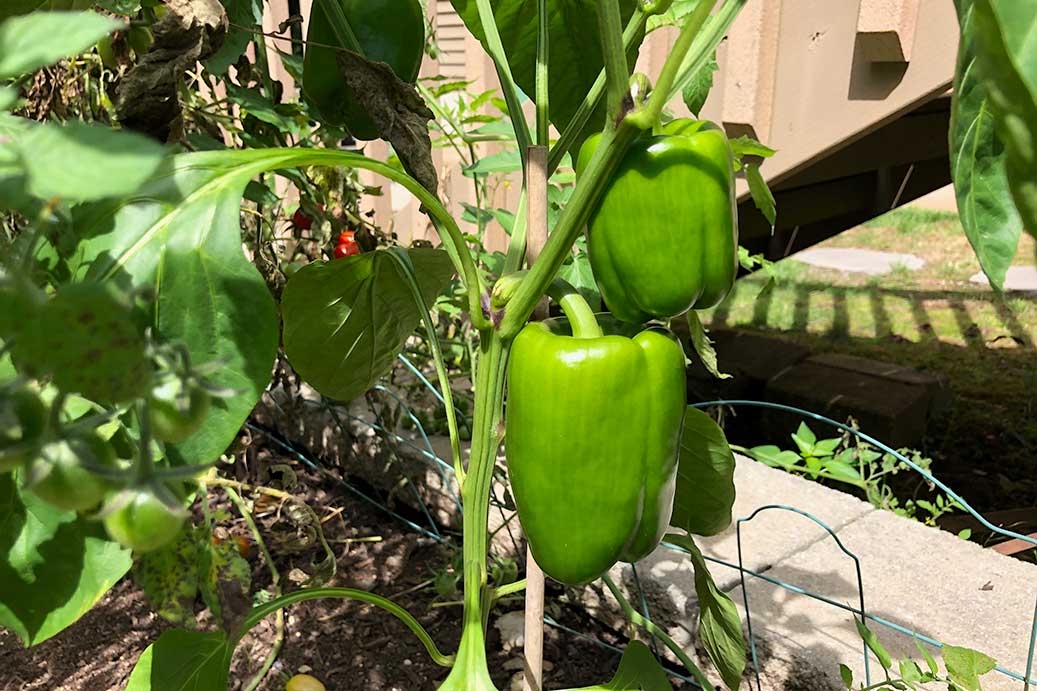
- Lettuce - Lettuce helps to suppress weeds, which can help to keep the soil around peppers healthy. It also attracts pollinators.

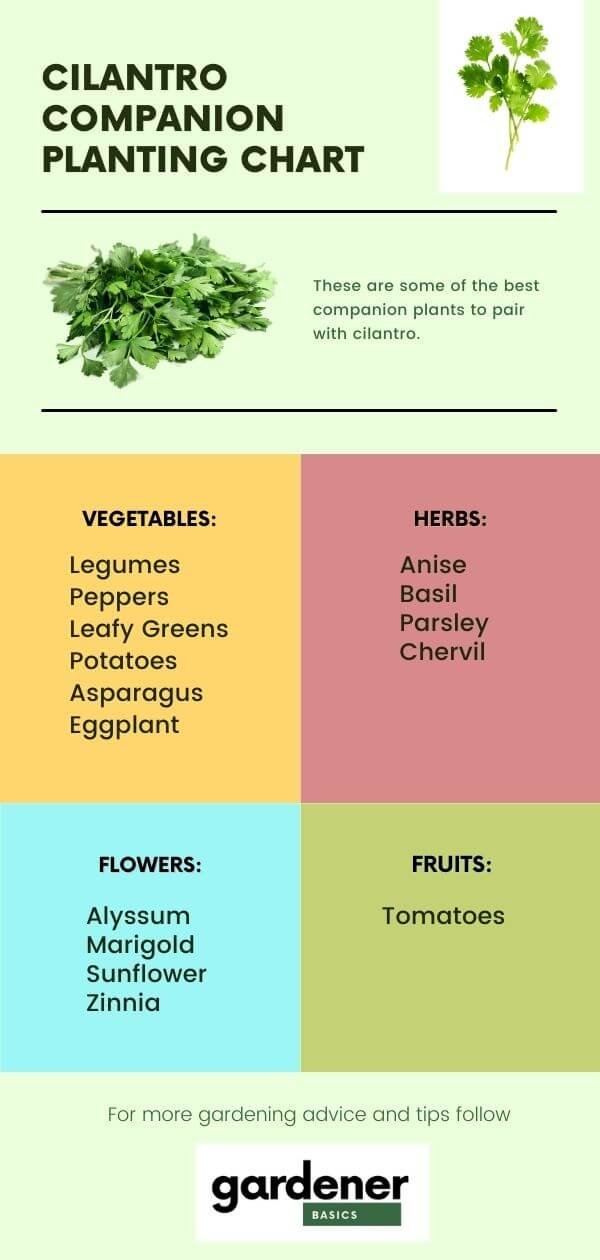
Post a Comment for "The Peppers' Best Friends: Companion Plants That Will Boost Your Yield"